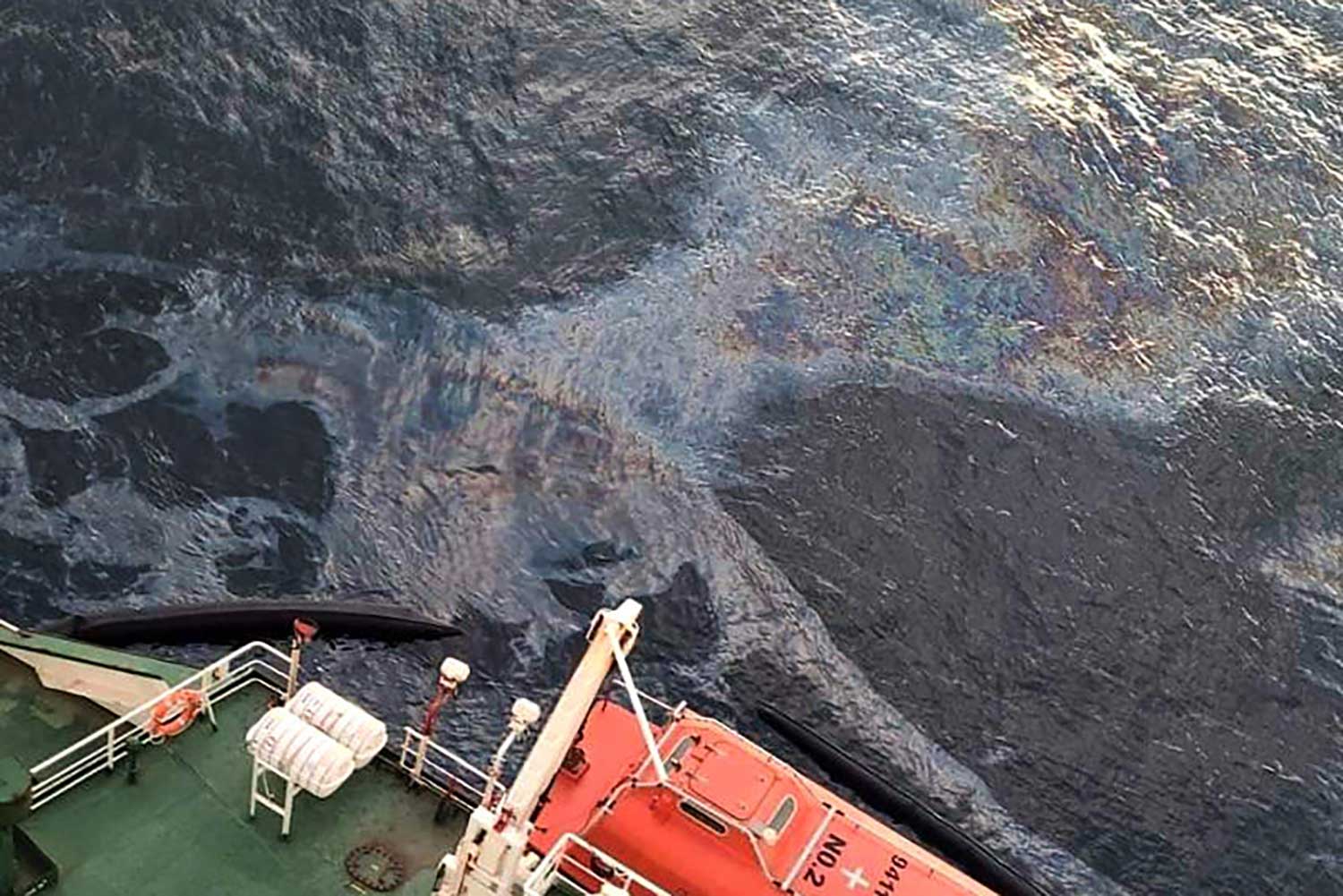
Marine experts at the Aquatic Resources Research Institute (Arri) of Chulalongkorn University say Thai Oil's ruptured offshore pipeline in Chon Buri could have a devastating impact on coral and trigger other long-term effects.
Prof Suchana Chavanich, Arri's deputy director, said research has found oil pollution can stop the coral from generating new reproductive cells and also impair its existing reproductive cells, which is known as the "abortion effect".
She said that even though the marine environment can recover, affected coral might not regain its healthy state.
"Close monitoring is recommended to observe the long-term consequences on marine plants and animals from oil leaks, which requires advanced scanning technology," she said.
Arri director Prof Voranop Viyakarn said researchers from Chulalongkorn University have begun to collect samples from the oil-polluted area.
Also, researchers will embark on a metagenomic study to find the affects on marine animals.
The oil spill in Chon Buri on Sunday night followed similar incidents last January and this July in Rayong.
The Department of Marine and Coastal Resources (DMCR) said it has found a thin layer of oil near the pipeline but the coral does not show any evidence of oil pollution.
Apichai Ekvanakun, deputy director-general of DMCR, said the Marine and Coastal Resources Administration Office 2 in Chon Buri, the Marine and Coastal Resources Research Center in the Eastern Upper Gulf of Thailand, and the Pollution Control Department have all visited the sites of the oil spill and inspected the coral along Tai Ta Muen Island, Khang Khao Island and Si Chang Island, using underwater drones.
Survey results showed a thin layer of oil around the pipeline near Khang Khao Island, but no oil was found on the reefs on the northern side, Mr Apichai said.